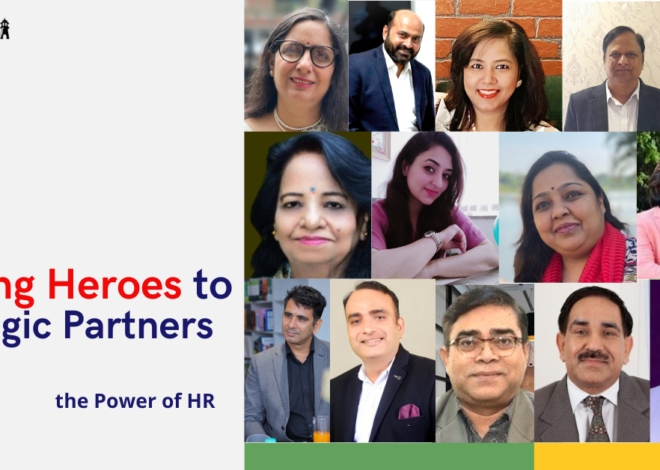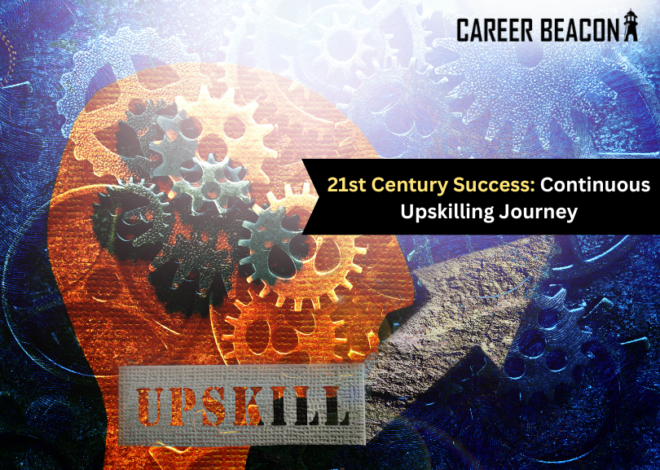
LAW: A Profession of Multidimensional Prospects
Authored by Shoumendu Mukherji
Ever since my second-year internship stint with a practicing Advocate at the Delhi High Court, I was excited about standing up from the lawyers’ podium and addressing the judge in a packed courthouse. The iconic dramas watched on celluloid namely “A Few Good Men”, “To Kill a Mockingbird”, “Suits” come to life as soon as we walk into any court premise, be it a local district court, a High Court or the highest court of the land. The fortune to save a man or woman from the clutches of prison, to help recover fraudulently appropriated sums of money, to get credit and recognition to artists for their original copyrightable works are some anecdotal incentives that the profession reserves for those who don the black coat and white band. The profession’s beauty also lies in letting a young graduate be his own boss. I had ventured out independently two years’ in, a decision I haven’t regretted one bit ever since.
So what are the qualities and skills needed to succeed:
- Time Management and Punctuality: The two most indispensable traits; being able to multi-task, firefight more than one client’s problems at a time, being accommodative to client calls and meetings for advice even when your days couldn’t seem to get packed.
- Communicate and Socialise: If you are quick to engage a stranger in a meaningful conversation, and can maintain old friendships, you will be in good stead. Shy people can also ultimately turn into very outgoing, extroverted personalities.
- Being concise and succinct: Often, before a judge, one is required to describe the moot point of a case in a mere 120 seconds! The fate of your client hangs in how well you build a case introduction to attract the judge’s attention and make “Your Lordships” see the merit.
- Reading human psychology and behaviour: Cross-examination of your opponent’s witness is often the most critical element of a trial. You should be able to read the witness’ mannerisms, gestures to catch the witness lying and demolish your opponent’s case. Negotiate to make two litigating minds come to a settlement: Be it a matrimonial dispute, a suit for recovery, a copyright/trademark infringement, or bouncing of cheque, acrimonious litigations can be settled out of court through patient counselling and bringing parties to a common ground.
- Researching in the new era: The advent of technology has made researching simpler. The grand old days of digging through dusty volumes in libraries standing atop a ladder have waned away, to be replaced by faster tools. One is thus to be adept at these tech-based digital resources to save time and increase productivity.
How does one get into the dream law school:
Until relatively recently, careers in law were considered a mere afterthought – something that would be opted for only if other conventional streams were out of reach. This mentality has changed substantially, and today, a career as a legal professional is considered worthy and lucrative. This can be partially attributed to the creation of National Law Universities (NLUs), which are now renowned the world over for their quality of teaching, recruitment numbers, students’ participation and distinguished alumni network. The admissions to these NLUs are through a Common Law Admission Test (CLAT) which one is eligible to sit for after school.
The CLAT preparation is challenging and highly competitive: 60,000 applicants vying for 2300 seats in 21 participating Universities. The key to cracking this exam is conscious two-month dedicated studies after the Boards. Enrolling for a short course with a professional coaching / preparatory institute is also advisable. The CLAT exam tests the applicants in 5 distinct fields, namely English, General Knowledge and Current Affairs, Elementary Mathematics, Legal Aptitude and Logical Reasoning these being fundamental skills that a law student is expected to have. Once in law school, students reap the benefit of their hard work instantly. There is a lot on offer for students to follow their passions through various extra-curricular, be it moot courts, debating, MUNs, sports, music, engaging with eminent personalities, this help churning a well-read and well-groomed law graduate to set foot in the ultra-competitive professional world.
The Path after a degree:
A law degree offers a wide array of options after graduation. One could foray into the lucrative litigation or corporate field; go for a Masters degree, become a faculty, write the judiciary entrance exam to become a judge or sit for the UPSC/‘civils’. This apart, as history shows, the law has been a stepping stone for venturing into social services, policy-making and politics. The profession is closely tied with working with/amongst/amidst people that helps uplift society and nation. Lawyers of the repute of Harish Salve are today hailed as national icons for putting their craft to use in the interests of the nation, like in the recent Kulbhushan Yadav – ICJ case. The participation of lawyers in an ever-evolving world is undeniable. Lawyers must not only be a step ahead of the competition in their own field but also must stay abreast with the latest developments elsewhere. It is what makes the legal profession one of the most respected and noble.
Shoumendu is an Advocate practicing in the courts of Delhi and can be reached at shoumendu@smlegalco.com.


